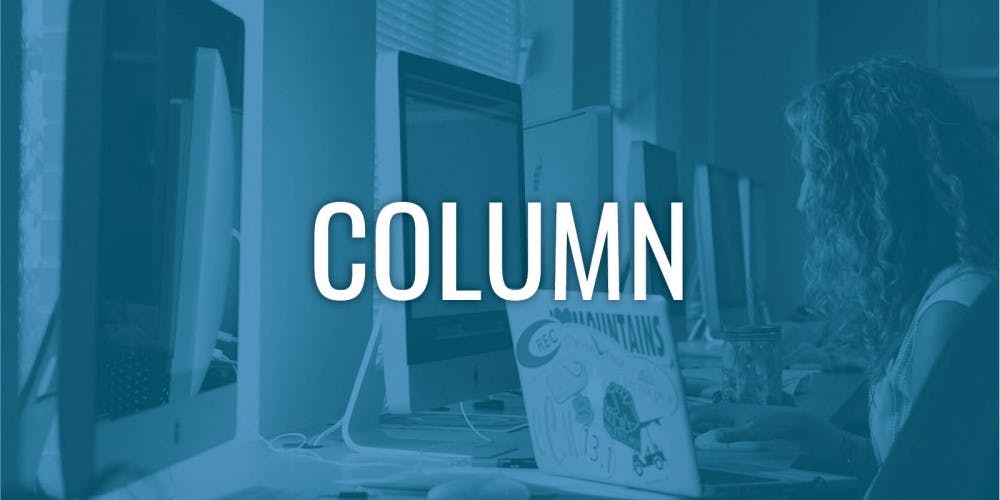I remember the day the Supreme Court ruled that same-sex marriage would be legal in all 50 states. It was June 26, 2015, and I was at home in my small suburban town in New Jersey. I read the news and immediately cried. My mom and I baked a rainbow cake that afternoon. Our home was filled with joy, happiness and gratitude and I felt that the LGBTQIA community had finally won.
The next day I had the privilege of attending the New York City Pride March. I watched as groups passed through the streets, some holding signs calling attention to social issues, some celebrating the passing of marriage equality and others simply celebrating. I felt so fortunate that in that moment, acceptance and love was the norm.
While I knew the fight for equality and acceptance was not over, I naively thought marriage equality would help change the culture in the United States. I thought — or rather hoped — the decision would inspire people to be more accepting of the community. I thought everyday homophobia, such as acts of violence or using slurs against LGBTQIA people, would soon be over.
But then, less than a year later, House Bill 2 was passed in North Carolina. The Pulse Nightclub shooting happened, where a single gunman murdered 49 people. Donald Trump was elected president, bringing with him Mike Pence, who has previously supported many anti-LGBTQIA initiatives. Transgender people, especially trans-women of color, continue to be murdered at an alarming rate.
Even still, after witnessing these blatant acts of homophobia and hate, I held on to the belief that most people in our country are no longer homophobic and support the LGBTQIA community. I saw these as isolated events.
I was fortunate enough to grow up in an accepting household with many queer family members. Here at Elon University, I have surrounded myself with like-minded individuals, many of whom also identify within the community. I have lived in this bubble of acceptance I created for myself for so long that I often forget everyday homophobia is still alive and well.
This past weekend, my brother’s boyfriend, Jacob, experienced homophobia while in an Uber Pool on his campus at the University of Southern California in Los Angeles — a city often seen as being very liberal and accepting. While in the Uber, a fellow USC student riding with him spoke on the phone with a friend, carelessly using homophobic slurs. Once he hung up the phone, Jacob asked the other student why he used such language.
At first, the student tried to excuse his language choice, saying it was different in that context. Then, he said he didn’t believe in homosexuality. He then said he was offended by Jacob calling out his use of slurs and, completely out of nowhere, said he got angry when gay men hit on him. Finally, the student offered to fight Jacob, at which point Jacob left the Uber. All of this happened while the Uber driver listened and said nothing.
When I first heard this story, I was in shock, but soon realized Jacob’s experience was not unique. Homophobia didn’t disappear from our nation’s culture just because our laws changed — it is still a prominent issue that affects LGBTQIA folks in every generation. We cannot view small victories in legislation as winning the whole fight.
There is still plenty of work to be done. I am so proud that Jacob was able to stand up to this homophobic person and was safe in doing so. If you will be safe in doing so, please combat everyday homophobia such as slurs and stereotyping. We can’t settle with the battles we have already won. We need to do more.


